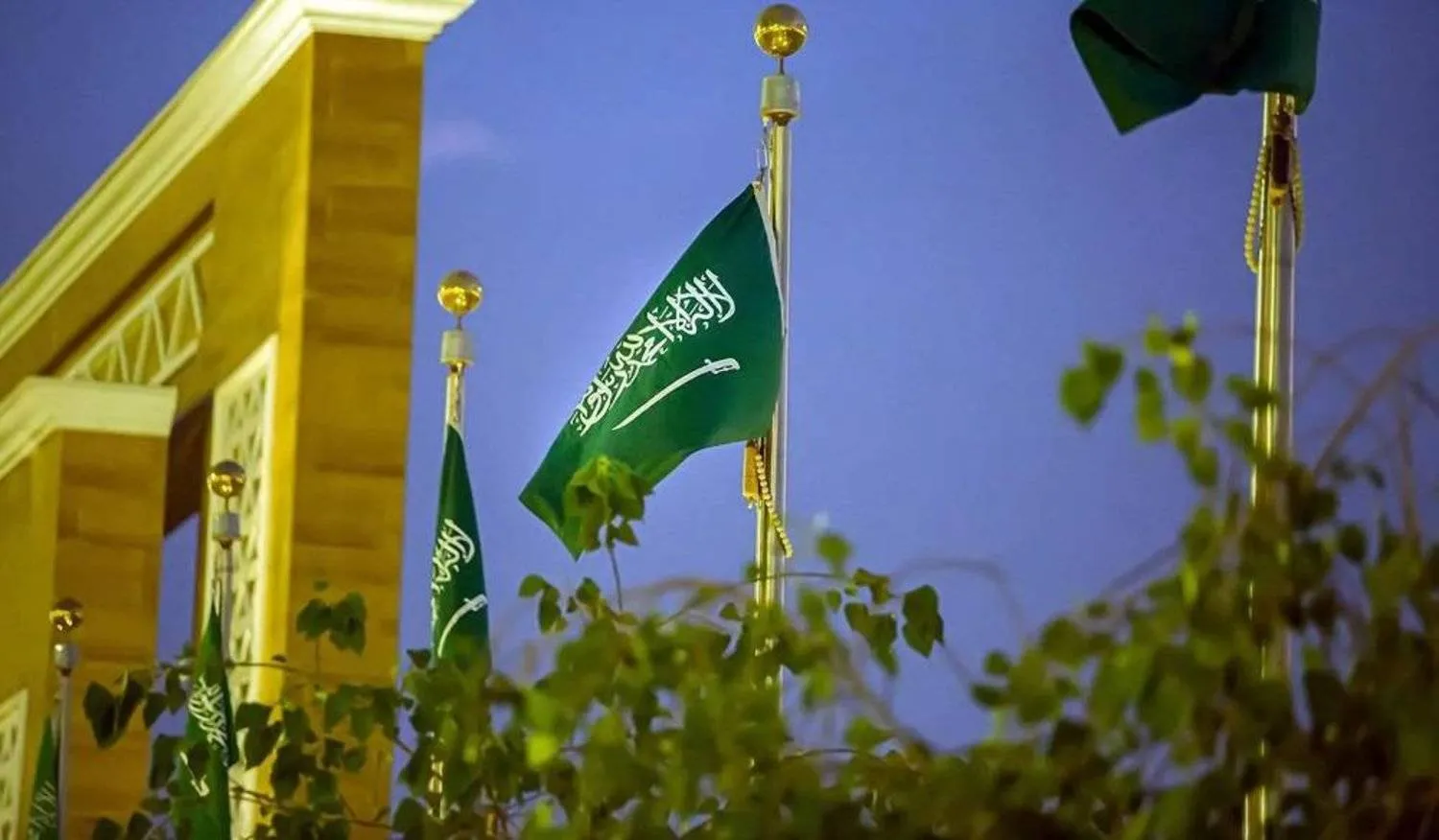As the world emerges from the shadows of the coronavirus pandemic, Saudi Arabia unveiled its true potential as a global tourist destination.
The Kingdom has brought together more than 500 government officials, leaders from the tourism sector, and experts from 120 countries to celebrate World Tourism Day (WTD).
Held under the theme of “Tourism and Green Investment,” this event is described as the largest of its kind in the 43-year history of WTD’s commemoration, according to international stakeholders in the industry.
In the event’s opening speech, Saudi Minister of Tourism Ahmed al-Khatib announced that the Saudi government had opened the doors to international investment in the tourism sector.
He also emphasized Saudi commitment to assisting the private sector in accessing global capital for the construction of the facilities expected and needed by visitors, a vision that is becoming a reality in the Kingdom.
Khatib stated that hosting the WTD in Riyadh is a significant endeavor for the Kingdom.
According to Khatib, the tourism sector is considered one of the world’s most vital economic activities, employing one out of every 10 individuals worldwide and providing livelihoods for hundreds of millions more.
Furthermore, it can account for over 20% of the Gross Domestic Product (GDP) in some countries.
Khatib explained that the Kingdom needs to create a million job opportunities in the tourism sector over the next decade, pointing out that the government has already generated around 200,000 jobs and still requires 800,000 jobs to align with the capacity of hotel rooms and new products.
The minister revealed the construction of approximately 500,000 new rooms currently underway in several regions as part of massive government projects in NEOM, Diriyah, and others.
Additionally, the private sector will contribute further projects.
Khatib announced a billion-dollar investment to establish the Riyadh School of Tourism and Hospitality, with its main campus in the Qiddiya region (central Saudi Arabia), set to open in 2027.
While discussing the growth of the tourism sector and the increase in tourist numbers, Khatikb highlighted how tourism has become a global industry.









